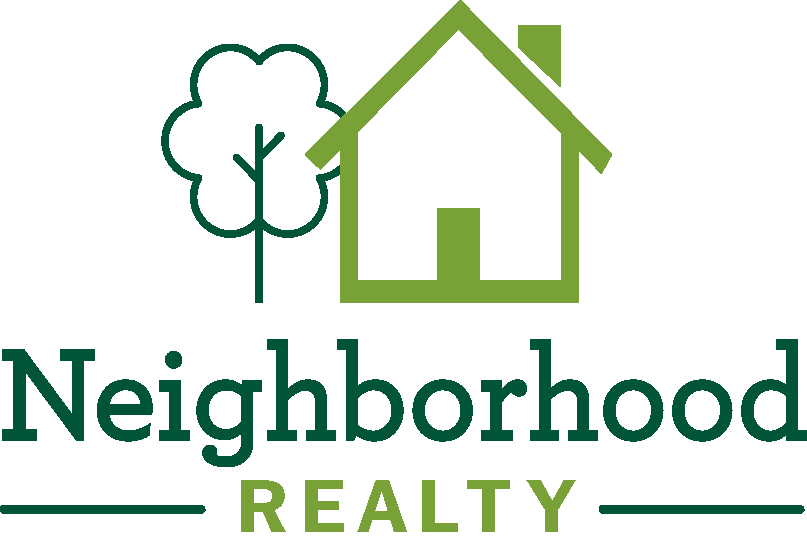Tips for Buying Land for a Prefab Home
Photo by realtor.com
With rising interest rates and low inventory, many buyers are looking to purchase a prefabricated home (modular or manufactured home). But these buyers have also got to buy land to put this home on! Here are some important tips from realtor.com when looking to purchase land for this purpose.
Modular homes are less expensive than your typical house and are sometimes mistaken for a traditionally built home. They are constructed to the same standards as conventionally built homes, but are built in an assembly line production in sections in a factory and then assembled on-site. Manufactured homes, also known as a single-wide or double-wide, do not have to abide by local building codes, but must adhere to strict federal building codes set by the U.S. Department of Housing and Urban Development. Manufactured homes are not as customizable as modular homes, but do offer a few different floor plans.
Finding the right land to put your modular or manufactured home is very important and sometimes challenging. You cannot put these types of homes just anywhere you’d like. Zoning ordinances, setbacks and other requirements must be met before your home can be delivered. It is important to work with a realtor who can help find the right land for this type of home or work directly with the manufactured or modular home sales representative to help with this process.
Here are some crucial things to look for when selecting the right property for your new home:
1. Zoning ordinances. City and county governmental officials set these and make them public. Zoning designates certain areas as residential and commercial (or mix-use, etc.). They will also specify the size, shape, height and other requirements for homes or buildings on the land. Check out the City of Oxford’s zoning map and Lafayette County’s zoning map.
2. Property’s Setback. Setbacks determine things like underground facilities and room from your neighboring property. They also dictate where a house can be placed on the property in relation to the property lines. Be careful of corner lots! They typically have two front setbacks, which could make your side yard and back yard smaller.
3. Utilities. Electricity, water, sewage and internet services are easier to set up in the city limits. Be careful when looking at property in more rural settings. Just because you see a utility pole, does not mean you may be able to get those utilities. Always check with local providers first. If you are in a more rural setting, you may have to set up a septic system or a well.

